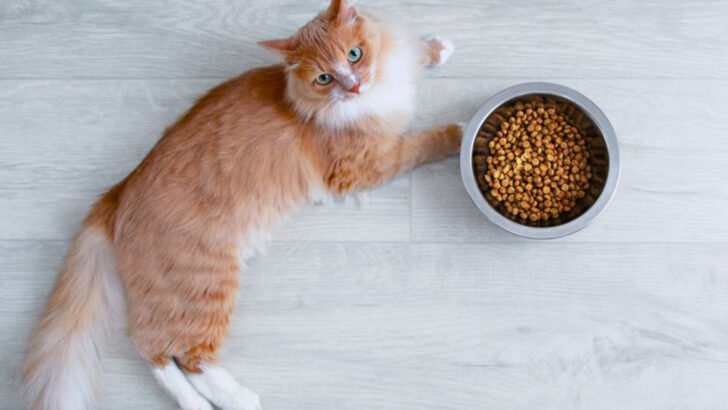When a cat stops eating, it’s not just picky behavior—it can feel like a red alert.
One day they’re devouring tuna like royalty, the next they’re turning their nose up at everything you offer. Cue the panic, the Googling, and the frantic rattling of treat bags.
Cats are mysterious creatures, and their appetite (or lack of one) can be just as baffling. Sometimes it’s something small. Sometimes, it’s not.
Before you spiral, take a breath. We’ve rounded up 14 common reasons your cat might be snubbing their food—and what you can actually do about it.
Stress and Anxiety
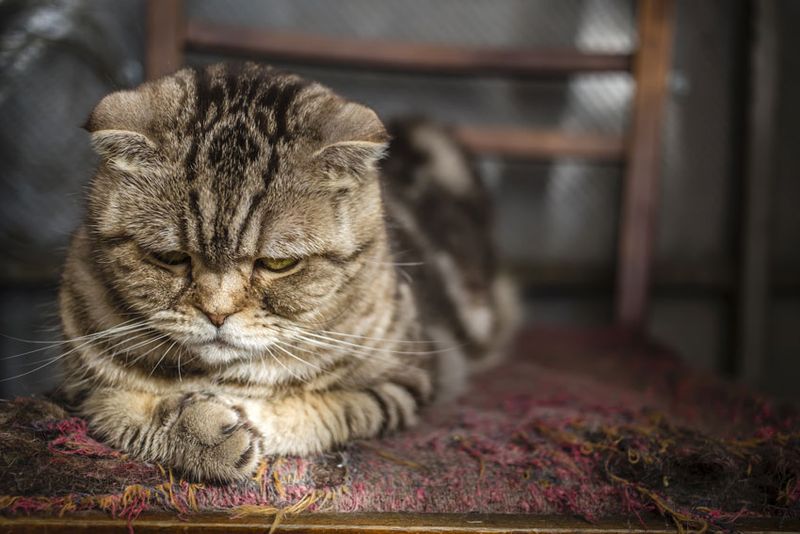
Is your cat feeling stressed? Cats are sensitive creatures and can easily become anxious due to changes in their environment, such as a new pet or moving to a new home.
This anxiety can lead to a lack of appetite. To help your cat, create a calm and stable environment. Provide safe spaces where they can retreat and relax.
Consider using calming pheromones or consulting with a veterinarian for additional support.
Illness and Pain
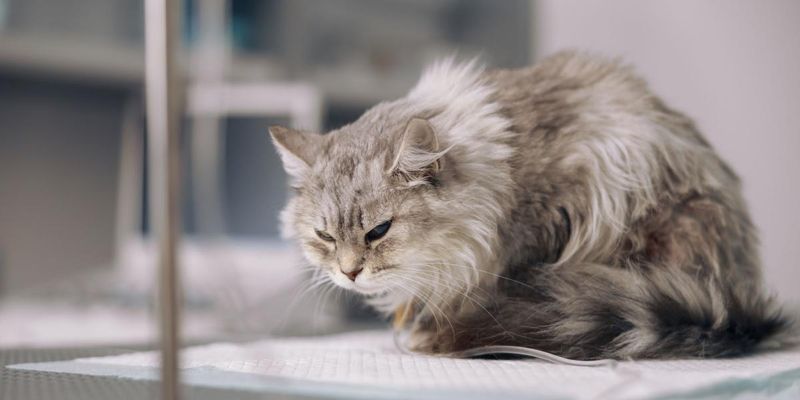
When a cat is unwell, eating might be the last thing on its mind. Various illnesses, from dental problems to infections, can cause your cat to avoid food.
If you notice other symptoms like lethargy or vomiting, a visit to the vet is crucial. Early diagnosis and treatment can prevent further complications.
Regular check-ups can help catch potential issues before they become severe.
Change in Diet
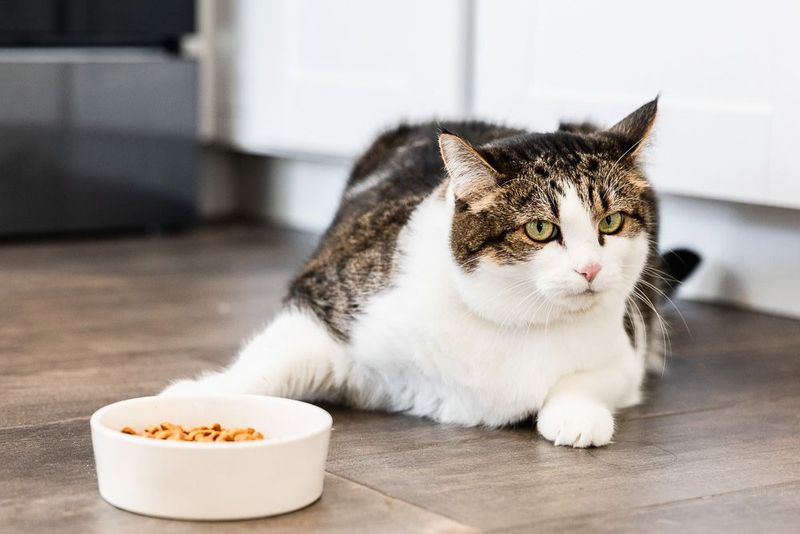
Cats can be particular about their food, and a sudden change in diet might not sit well with them. If you’ve switched brands or flavors, your cat might refuse to eat.
Introduce new food gradually by mixing it with their current diet. This slow transition can help them adapt without losing interest.
Patience is key, and monitoring their reaction is essential.
Dental Issues
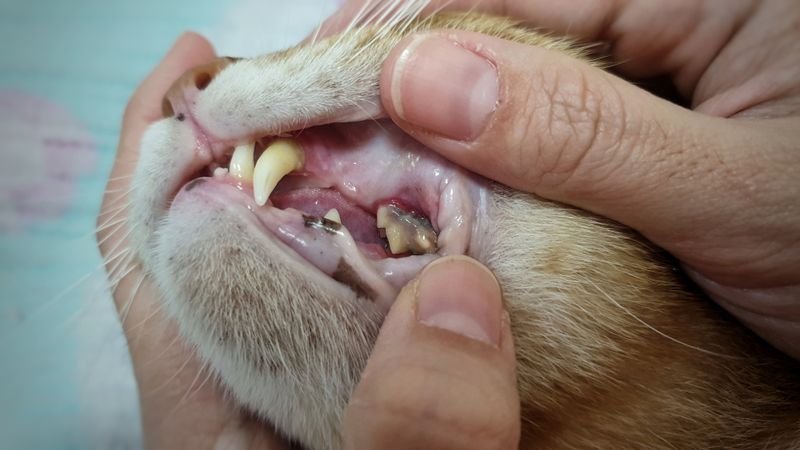
Dental problems can make eating painful for cats. Issues like tooth decay or gum disease can deter them from mealtime.
Signs include drooling, bad breath, or pawing at the mouth. Regular dental check-ups are vital to prevent these problems.
Providing dental treats or toys can also support oral health and encourage eating.
Picky Eating Habits
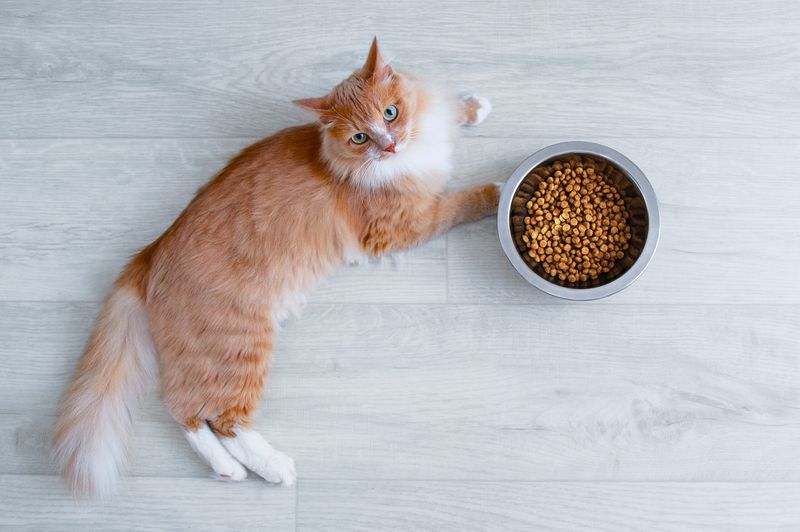
Is your cat a gourmet? Some cats develop picky eating habits, preferring particular textures or flavors.
Experimenting with different food types might entice them. Warming up the food can also enhance the aroma, making it more appealing.
Encouraging play before meals can stimulate appetite, turning the feeding time into an enjoyable ritual.
Medication Side Effects
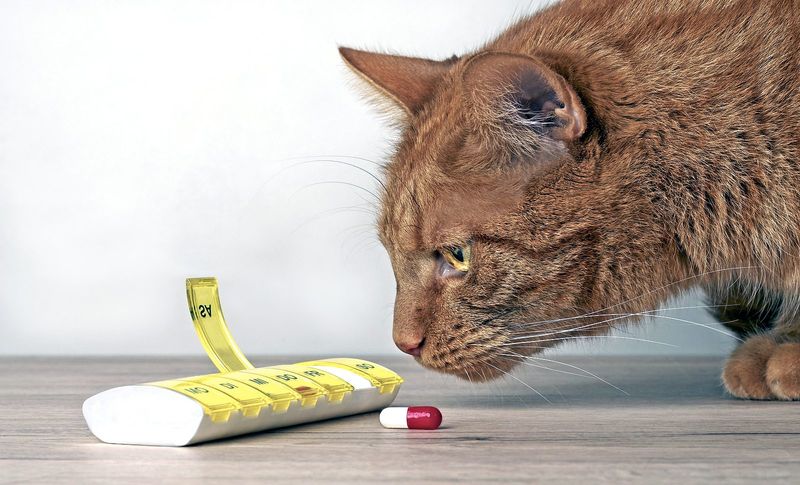
Some medications may suppress a cat’s appetite. If your feline friend is on medication and suddenly stops eating, it could be a side effect.
Consulting with a veterinarian is crucial to determine if an alternative treatment is available. Never adjust medication without professional guidance.
Monitoring their eating habits and maintaining open communication with your vet is essential for their recovery.
Environmental Changes
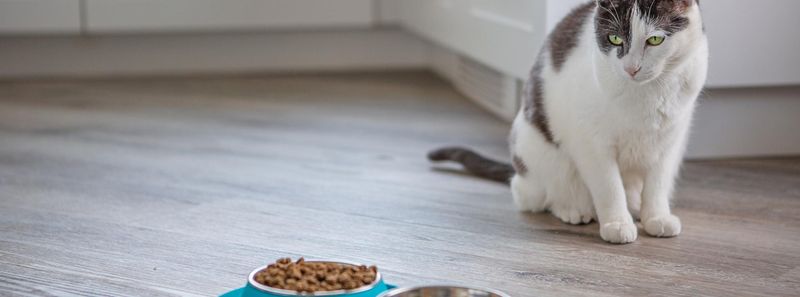
Cats are creatures of habit, and environmental changes can disrupt their eating patterns. Rearranging furniture or introducing new family members can make them uneasy.
Providing consistent feeding times and familiar smells can ease their transition. Recognizing these changes and responding with empathy ensures a smoother adjustment.
Consider gradual introductions to new elements in their environment to minimize stress.
Nausea
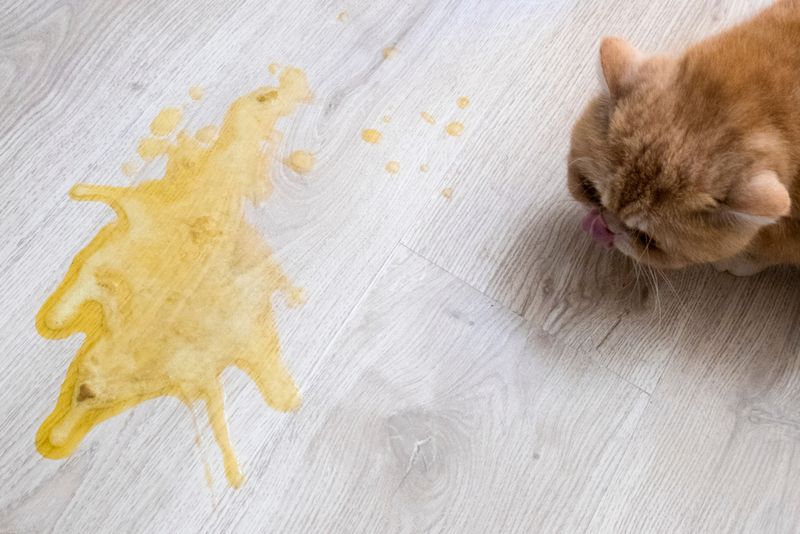
Nausea in cats can stem from various causes, including motion sickness or gastrointestinal issues. This discomfort often leads to food refusal.
Identifying the root cause with the help of a veterinarian is essential. Adjusting mealtime or offering bland diets may alleviate symptoms.
Hydration is critical, so ensure your cat has access to fresh water at all times.
Aging

As cats age, their dietary needs and appetite change. Senior cats may eat less due to diminished senses or underlying health issues.
Providing tailored senior diets can meet their nutritional requirements. Regular vet check-ups help monitor their health and adjust their diet as needed.
Creating a comfortable feeding environment encourages them to eat more regularly.
Vaccination Reactions
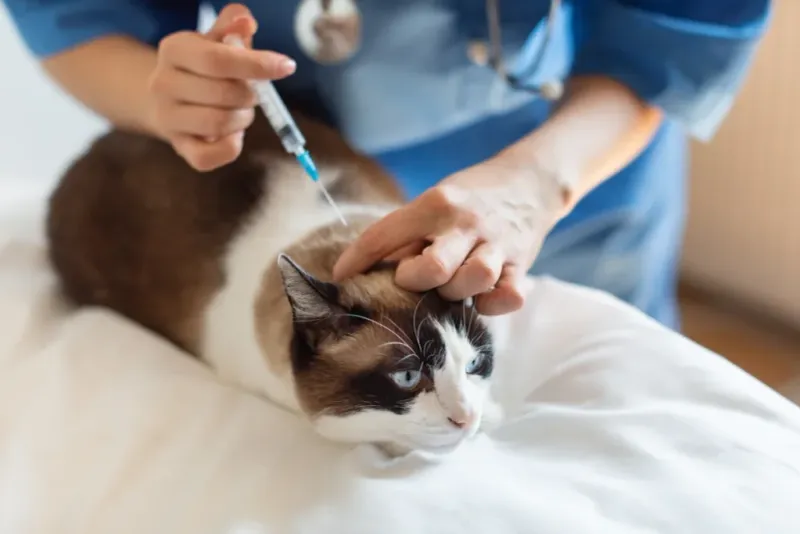
Post-vaccination, cats may feel under the weather, leading to a temporary decrease in appetite. This mild reaction usually resolves within a day or two.
Monitoring your cat’s behavior and offering gentle encouragement to eat small amounts can support recovery.
If symptoms persist or worsen, contacting your veterinarian is advisable to rule out adverse reactions.
Food Expiry
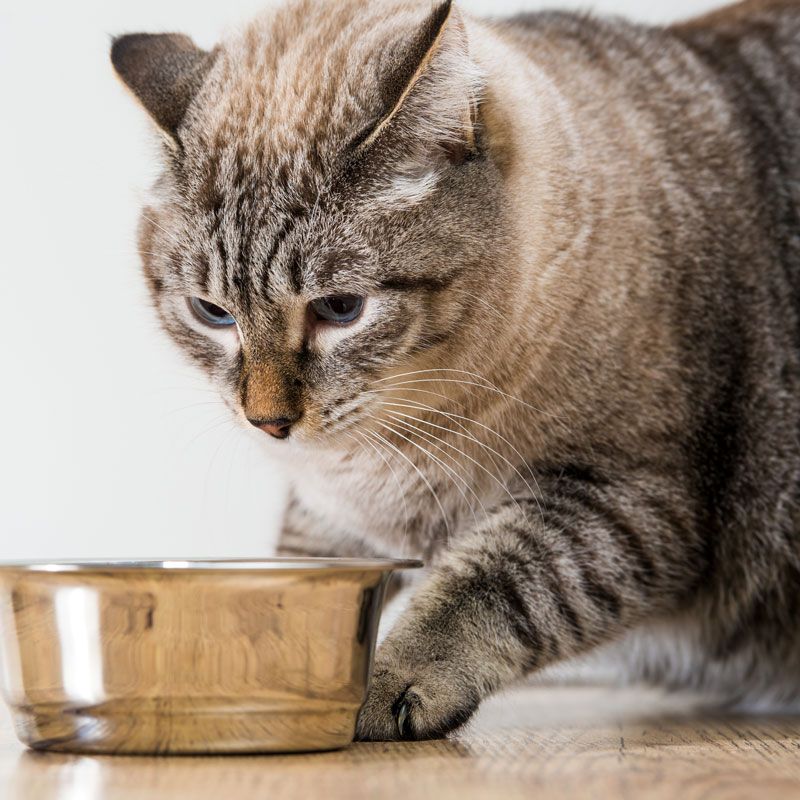
Cats have an acute sense of smell, and expired food is a major turn-off. Always check the freshness of your cat’s food before serving.
Storing food in airtight containers and maintaining proper hygiene can prevent spoilage. Offering fresh meals ensures your cat’s interest and safety.
An occasional treat can also rekindle their enthusiasm for mealtime.
Digestive Problems
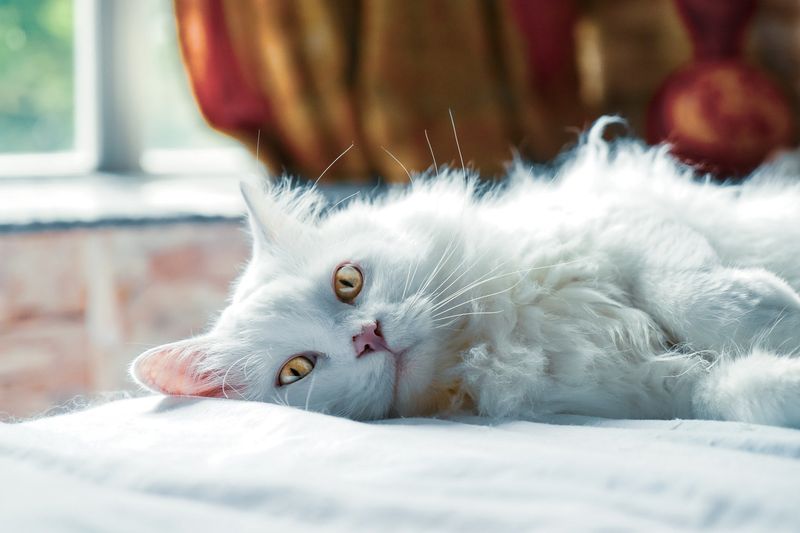
Digestive issues like constipation or diarrhea can make eating uncomfortable for cats. Observing changes in litter box habits can help identify these problems.
A diet rich in fiber or specialized veterinary foods can alleviate symptoms. Consulting with a vet provides guidance tailored to your cat’s needs.
Encourage hydration to support digestive health and comfort.
Temperature of Food
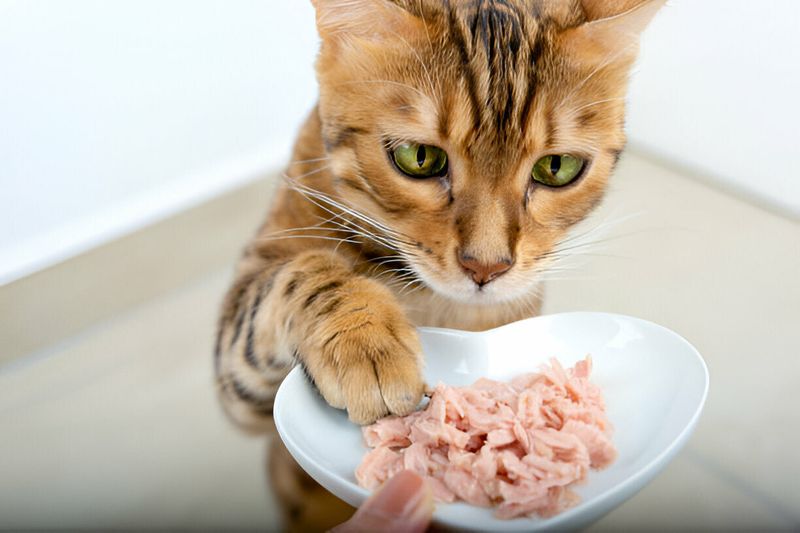
Cats are sensitive to food temperature, and cold meals might not appeal to them. Warming food slightly can enhance its aroma and texture.
This simple change can reinvigorate a disinterested cat, encouraging regular eating. Experimenting with different feeding setups can also boost their appetite.
Observing your cat’s preferences helps create a satisfying dining experience.
Weather Changes
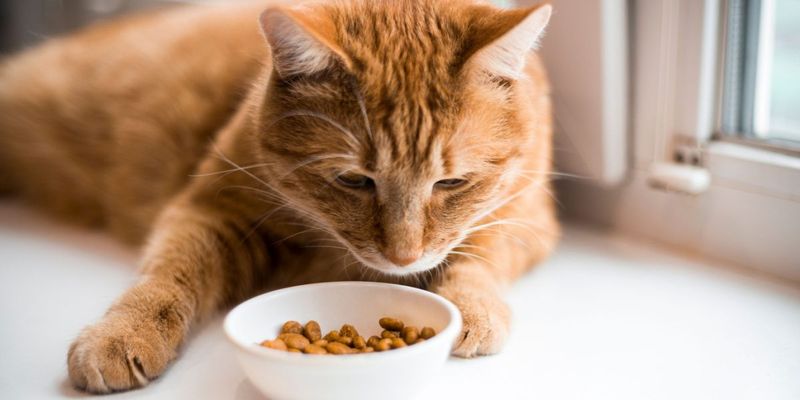
Weather changes can influence a cat’s mood and appetite. Cold, gloomy days might lead to reduced activity and eating.
Creating a warm and inviting feeding area can counteract this effect. Offering comfort through play and attention also helps maintain their interest in food.
Being mindful of seasonal shifts ensures your cat’s dietary needs are met consistently.

